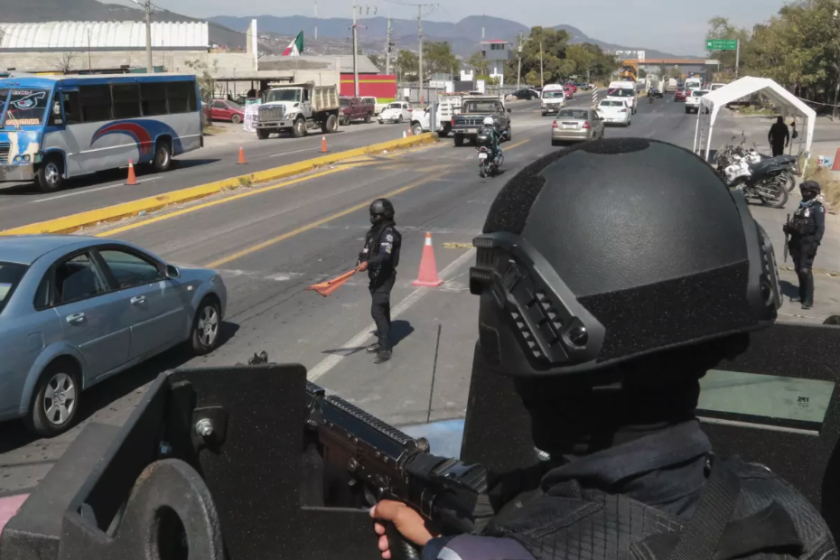A look back at Caracas drone attack on 1-year anniversary
US Defense Secretary Mark Esper announced a determination to deploy an intermediate-range missile system in the Asia-Pacific region within the next few months to reaffirm the nation’s commitment to its allies in the region, a measure that will undoubtedly irritate China.
“It’s fair to say, though, that we would like to deploy a capability sooner rather than later,” Esper told reporters accompanying him on an international tour before his arrival in Australia, where he will meet with officials of that country together with US Secretary of State Mike Pompeo .
“I would prefer months. I just don’t have the latest state of play on timelines,” added the new head of the Pentagon, who took office last July 23.
Esper avoided specifying the locations where this missile system will be established.
At the same time, he did not wish to give undue importance to a possible response by China, and dismissed the idea that an arms race has begun in the Asia-Pacific region.
“I don’t see an arms race happening, I do see us taking proactive measures to develop a capability that we need for both the European theater and certainly this theater,” he said.
Esper said he chose Asia as the destination of his first international excursion “to affirm our commitment to the region, to reassure our allies and our partners.”
The words of the Pentagon chief came a day after the US pulled out of the Intermediate-Range Nuclear Forces Treaty (INF) to eliminate medium- and short-range nuclear missiles that it signed with the Soviet Union during the Cold War.
Tensions between the United States and China are reflected in Beijing’s insistence on its sovereignty in the South China Sea, an area rich in natural resources that are also claimed by five other countries, during the summit in Bangkok of ministers of the Association of Southeast Asian Nations (ASEAN), which is underway this week.
At that meeting, Pompeo warned of the Asian giant’s “coercion” of neighboring countries, while his Chinese counterpart, Wang Yi, demanded that “non-regional countries” - a reference to the United States - not interfere or “sow distrust” among the nations involved. EFE-EPA afs/cd



